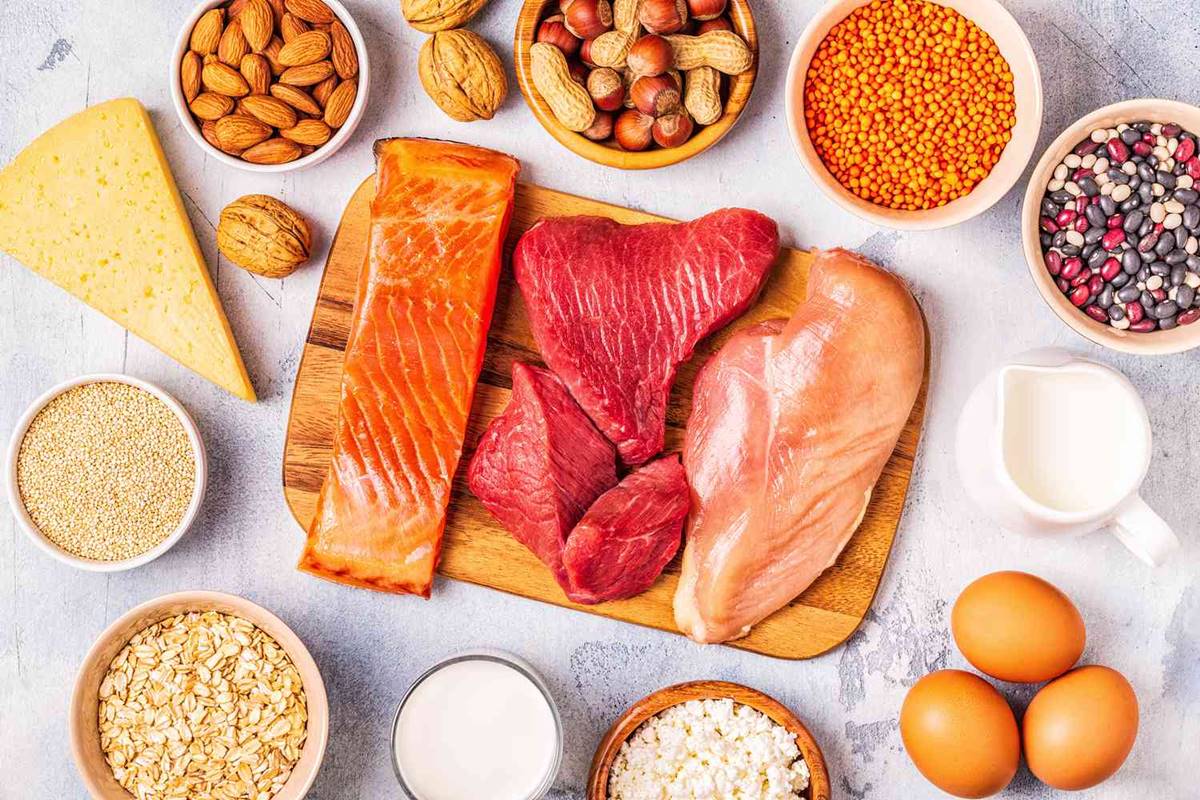You’ve been really pushing yourself in the gym, lifting weights, and doing cardio, but focusing solely on one aspect of achieving healthy, strong, lean muscles isn’t sufficient. Exercise and a proper diet complement each other well and are essential for building strong muscles. Protein stands out as one of the key nutrients responsible for muscle growth, and how you integrate it into your diet while maintaining a balanced eating pattern is crucial.
While there’s a common misconception that incorporating protein powder is a must for muscle growth, a regular diet with prescribed protein intake is sufficient to meet your body’s muscle growth needs. Here, we present a list of foods that play a vital role in increasing your muscle mass.
Advertisement
Eggs
This list would be incomplete without mentioning this simple yet nutrient-packed ingredient. Eggs are rich in protein, making them one of the simplest sources to incorporate into your diet. They also contain the amino acid leucine, necessary for protein synthesis, resulting in muscle gain and recovery. Packed with good fats and vitamins, eggs are a must-have for muscle growth.
Seafood
Fish, prawns, and other seafood variants are excellent sources of protein and healthy fats. Low in carbs, seafood aids in muscle growth and recovery, while the healthy fats combat inflammation and muscle soreness and enhance fat synthesis.
Yogurt
With nearly 3.5 grams of protein per 100 grams, yogurt is a great alternative to eggs and seafood for promoting muscle growth. It contains both fast-digesting and slow-digesting proteins, aiding in muscle recovery, synthesis, and growth. Additionally, yogurt is rich in probiotics, promoting a healthy gut microbiota, which is directly linked to all bodily functions, including muscle growth.
Beans
For those opting for a plant-based diet without compromising on muscle growth, beans such as kidney beans, pinto beans, red lentils, and green gram beans are excellent options. Red lentils contain 25 grams of protein per 100 grams, while cooked kidney beans contain 9 grams of protein per 100 grams. Beans are also packed with fiber, magnesium, vitamins, and phosphorus, making them a versatile ingredient.
Quinoa
Hyped as a superfood, quinoa has gained popularity due to its high-protein content. Gluten-free and nutritional, quinoa is a convenient option for those seeking a protein-rich food. It also provides a rich source of fiber, magnesium, manganese, copper, vitamins, and iron.
When it comes to muscle gain, it’s also important to know which foods to avoid, including greasy fried foods, refined carbs, added sugar, and excessive alcohol consumption. In addition to incorporating these muscle-building foods, it’s crucial to make lifestyle adjustments, as focusing solely on muscle gain isn’t the ultimate goal; overall well-being should be the priority.











